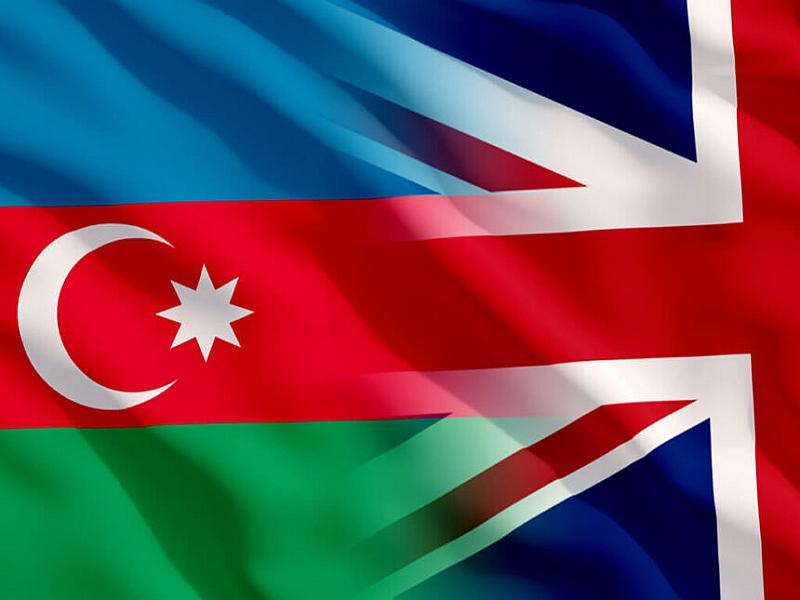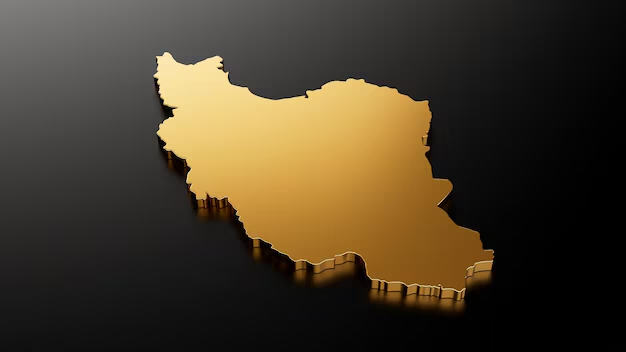After Azerbaijan restored its independence, establishing and developing cooperation relations with Western states became one of the main priorities of its foreign policy. In this context, the role of the United Kingdom is particularly noteworthy. Over the past thirty-four years, London has emerged as the Western state that has supported Azerbaijan the most. Although this support was initially based primarily in the energy sector, it has gradually expanded to political, security, logistics, and environmental cooperation fields.
The "Contract of the Century" signed in 1994 was a turning point for Azerbaijan's energy sector, and the British company BP acted as a key participant in this agreement. Massive projects such as the Baku-Tbilisi-Ceyhan and the Southern Gas Corridor not only bolstered Azerbaijan's economic status but also strengthened its geopolitical position. Throughout this process, Britain distinguished itself by consistently expressing clear political support for Azerbaijan’s territorial integrity. While other Western capitals sometimes displayed hesitant stances, London defended Baku’s position in a more principled manner (for example, in 2005 by the British Parliament).
However, Britain's Caucasus policy was not formed yesterday. Between 1870 and 1910, when Baku oil accounted for about 50% of global oil production, British investors—especially the Nobel brothers, alongside the Rothschild family and British financial circles—invested heavily in this sector in Azerbaijan.
At that time, London bankers and companies played an important role in exporting Baku oil to world markets. Particularly during the 1890s, British companies were involved in financing production and transport infrastructure in the Caspian region.
Let us return to the present.
In recent years, amid the global energy crisis and the Russia-Ukraine war, Azerbaijan’s importance for Europe has grown even more. While European countries have chosen to reduce their dependence on Russian gas, Azerbaijan’s energy resources and transit position are of significance for Britain and Western countries overall. For this reason, London is deepening energy cooperation and, in the new phase, not limiting itself to oil and gas alone but showing special interest in Azerbaijan’s "green energy strategy." British companies' interest in solar and wind energy projects in Karabakh and Nakhchivan indicates that cooperation in this direction will continue.
Undoubtedly, linking Britain's Azerbaijani policy solely to energy interests would be simplistic. The geopolitical significance of the region has been clearly understood in London for 150 years. Today, besides energy projects, the Zangezur corridor and the Middle Corridor projects are becoming important parts of the global trade and transport network, aligning with Britain’s interests in global trade participation. Thus, Azerbaijan has become not only an energy supplier but also a strategic transit hub for London.
Security and defense issues are also important components of the cooperation. The protection of energy infrastructure and pipelines in the Caspian Sea, cybersecurity challenges, and formats of cooperation within NATO are among the main directions of London–Baku relations. The United Kingdom recognizes Azerbaijan’s growing role in ensuring regional stability and maintains a balanced stance in the peace process with Armenia.
As a result, the relations between the United Kingdom and Azerbaijan have transformed over the past thirty-four years into a broader geopolitical arena. The international realities of 2025 show that Azerbaijan is regarded by London both as a strategic hub in terms of energy and logistics and as a reliable political partner in the Caucasus. The further strengthening of these relations in the future, especially deepening cooperation on green energy, transport corridors, and regional security issues, cannot be ruled out.
However, one matter needs to be particularly clarified. Britain is an important partner for Azerbaijan, and our political and economic relations have deep philosophical-ideological roots. At the same time, in its cooperation with official London, Azerbaijan has no intention against any third countries.
Let us once again look at history in this context.
In the 19th century, the "Great Game" rivalry between the British and Russian empires over the South Caucasus and Turkestan (Central Asia) determined the geopolitical landscape of the region. One of the central issues in this struggle was Baku oil and, more broadly, the energy resources of the Caspian basin. For Great Britain, these resources were not only economically but also strategically important. Because the security and energy supply of routes towards India and the Middle East were vital for protecting imperial interests from London’s perspective, British capital began investing in Baku oil and bringing it to world markets from the late 19th century.
At the same time, the Russian Empire was trying to consolidate its hegemony in the South Caucasus. Baku oil was of special importance for Russia in terms of internal industrial development and military power. Thus, the competition between Britain and Russia turned Azerbaijan's natural resources into an even more strategic space. Iran, meanwhile, held both historical influence and geopolitical interests in the region, and within this context, the interests of the three empires clashed.
In modern times, Azerbaijan pursues a balanced policy in international relations. While deepening cooperation with Britain, Baku emphasizes that these relations are not directed against any state. Azerbaijan's foreign policy is based on the principle of "cooperation with all, hostility towards none." An example of this is Azerbaijan’s simultaneous development of cooperative relations in various fields with Russia, Iran, and Western countries alike.
Thus, if in the 19th century Baku oil was a symbol of British-Russian rivalry, in the 21st century Azerbaijan’s foreign policy is oriented toward using these energy resources for cooperation and mutual benefit, not confrontation.
Zaur Ibrahimli,
Chairman of the "Priority" Center for Socio-Economic Research







